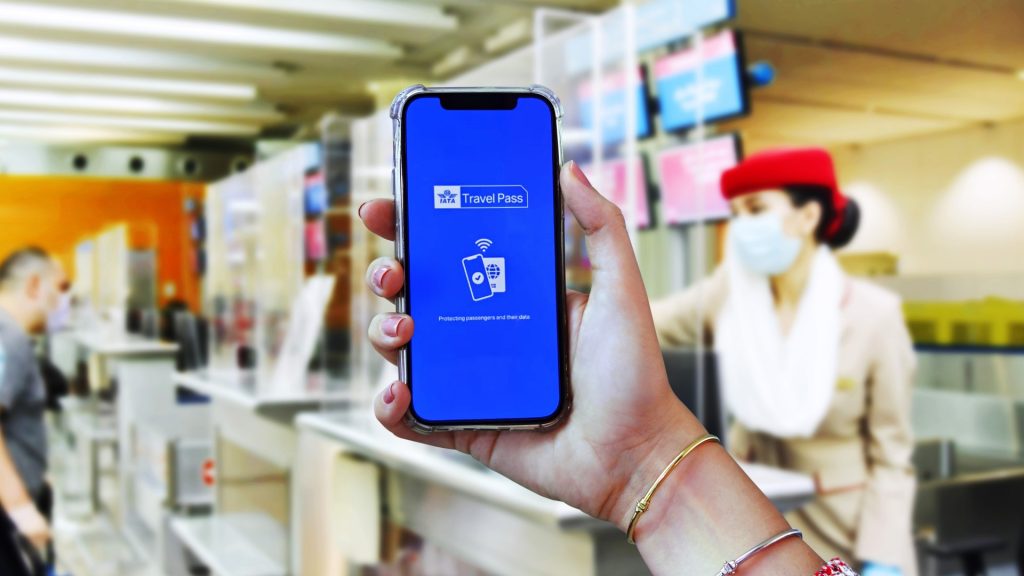Have you ever double-checked your passport, packed your suitcase, printed your ticket—and then realized your vaccine certificate was outdated? That moment of panic at the airport check-in is entirely avoidable. In Abu Dhabi, travel clinics do more than just administer injections. They are a lifeline for travelers who need proper documentation that aligns with the ever-changing entry requirements of different countries. Whether you’re preparing for Umrah, relocating abroad, or heading to a yellow fever zone in Africa, it’s not the shot that defines your experience—it’s the paperwork, and that’s where precision matters.
Clinics specializing in travel medicine stay ahead of global updates
General practitioners might offer basic vaccinations, but travel clinics track destination-specific regulations daily. In areas like Al Nahyan and Khalifa City, you’ll find medical centers where staff consult updated lists from global health authorities and embassy circulars. This matters more than it seems. For example, some African countries require yellow fever certificates dated at least ten days before entry. Saudi Arabia mandates meningococcal vaccines for pilgrims. Travel clinics ensure these nuances are built into your care plan—not as afterthoughts, but as first steps.
Certification formats meet international standards without surprises
The stamp on your certificate can be the deciding factor at immigration. Leading clinics in Abu Dhabi issue official vaccination booklets—typically yellow in color—for diseases like yellow fever or cholera. These booklets are recognized at airports worldwide. For other vaccines like COVID-19, polio, or hepatitis, the clinics offer both digital and printed certificates with barcodes, batch numbers, and DHA-approved signatures. Some even synchronize with the Al Hosn app to streamline cross-border verification. The point is to leave you with a document that won’t be questioned at the gate.
Consultations ensure you’re protected based on your exact itinerary
Top clinics begin with a 30-minute consult, asking about the nature and duration of your trip, previous vaccines, current medications, and any chronic conditions. This isn’t just for thoroughness—it’s essential. A backpacker hiking through Southeast Asia has vastly different needs than a corporate traveler attending a conference in Lagos. Some vaccines require spacing, others trigger temporary side effects. Good clinics prepare a calendar to time your doses safely and ensure immunity before departure. It’s not one-size-fits-all—it’s customized immunity planning.
Same-day vaccinations are possible but early booking is wiser
Abu Dhabi clinics offer walk-in access for standard travel vaccines like hepatitis A, tetanus, and typhoid. But vaccines like rabies, HPV, or Japanese encephalitis require multiple doses spread over several weeks. Booking early, especially ahead of Hajj, summer holidays, or visa season, ensures availability. Some embassies in Abu Dhabi ask for certificates issued at least ten days in advance of departure. A missed timeline might mean a rescheduled flight or visa delay. Smart travelers visit four to six weeks before their trip. It’s less about the shot and more about planning ahead.

Insurance coordination is available for expatriates and corporate travelers
Abu Dhabi is home to professionals with international insurance policies. The city’s premium travel clinics—particularly in locations like Al Maryah Island—have administrative staff trained to process direct billing and insurance claims. Whether you’re covered by a global provider or a UAE-based company, they’ll issue itemized invoices tailored to your policy’s terms. That means fewer reimbursement headaches and better clarity on what’s covered. Many corporate travelers benefit from clinics that assist with HR documentation, too—especially when proof of immunization is part of an overseas assignment.
Language inclusivity and cultural sensitivity are standard
Abu Dhabi’s population is multilingual and multicultural, and the city’s clinics reflect that. Nurses and receptionists typically speak Arabic and English fluently, and many can accommodate Hindi, Urdu, or Tagalog. But more than language, there’s cultural literacy. Clinics often explain halal compliance of vaccine ingredients, offer gender-specific caregivers upon request, and allow private consultation rooms for families with religious sensitivities. This creates a respectful environment where patients feel heard—not just injected and dismissed.
Parking, access, and timing matter more than you expect
Families juggling kids, documents, and appointments will agree—clinic logistics can make or break the day. The best clinics offer valet parking or reserved family spaces, especially in central Abu Dhabi. Clinics near embassies and visa centers are particularly efficient, catering to travelers on tight appointment schedules. Some locations even offer WhatsApp check-in systems or SMS queue updates so you aren’t stuck in a waiting room. These conveniences may sound minor, but they reduce the mental load of planning a trip. You’re not just getting vaccinated—you’re being supported.
Digital records keep your travel history secure
Good travel clinics don’t just hand over paper and send you off. They retain digital records, allowing you to retrieve your certificate in case of loss or damage. Clinics integrated with the DHA system can reissue certificates quickly. Some even email you reminders for booster doses or upcoming expiry dates. This is especially helpful for frequent flyers, business travelers, or students heading abroad long-term. Your immunity becomes part of your digital identity—accessible, accurate, and always available.
Family and group travel vaccinations are managed as a single unit
Planning a multi-person trip often leads to fragmented records. Abu Dhabi’s more organized clinics manage family or group travel as a shared file. Parents, children, and even elderly grandparents are booked together. Vaccine plans are aligned by date and destination. Pediatric specialists are available for young children, and elder care nurses monitor reactions in older adults. One centralized folder for all documents means less room for error and less stress during airport security checks.
This guide was prepared by www.few.ae team, combining field research, clinic observations, and verified UAE healthcare insights.
